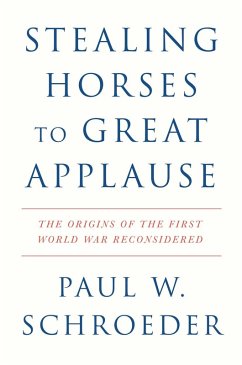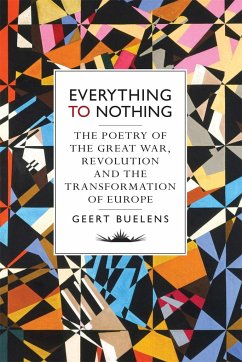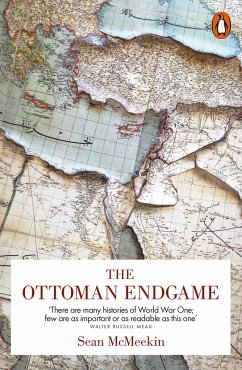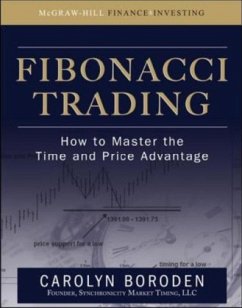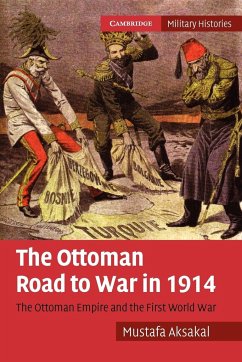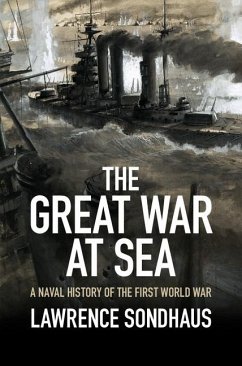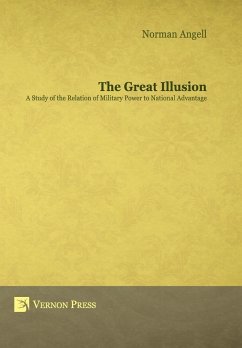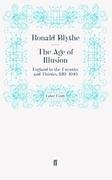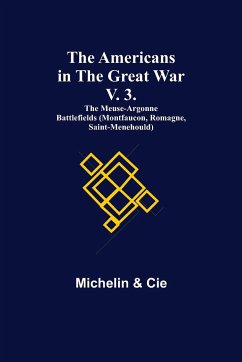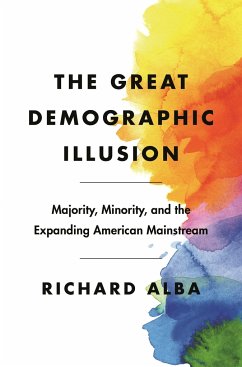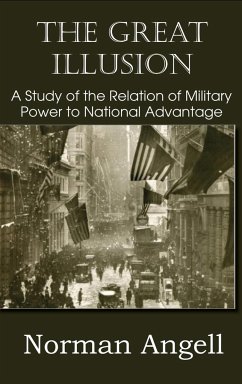
The Great Illusion A Study of the Relation of Military Power to National Advantage
Versandkostenfrei!
Versandfertig in 1-2 Wochen
22,99 €
inkl. MwSt.

PAYBACK Punkte
11 °P sammeln!
American interest in the problems discussed here is hardly less vital than that of Europe. Being more persuaded than when the first American edition of this book was issued in 1910, it is certain that opinion in America will not be equiped for dealing with the problems arising out of the relations with the Spanish American states; with Japan; and with the Philippians; unless it has some fair understanding of the principles with which this book deals. Its general interest even goes farther than this; no great community like that of modern America can remain indifferent to the drift of general o...
American interest in the problems discussed here is hardly less vital than that of Europe. Being more persuaded than when the first American edition of this book was issued in 1910, it is certain that opinion in America will not be equiped for dealing with the problems arising out of the relations with the Spanish American states; with Japan; and with the Philippians; unless it has some fair understanding of the principles with which this book deals. Its general interest even goes farther than this; no great community like that of modern America can remain indifferent to the drift of general opinion throughout the world on matters wrapped up with issues so important as those of war and peace. That the tangible commercial and business interest of America are involved in these European events is obvious from the very factors of financial and commercial interdependence which forms the basis of the argument. That the interest of Americans are inextricably, if indirectly, bound up with those of Europe has become increasingly clear as can be proven by the barest investigation of the trend of political thought in this country.



